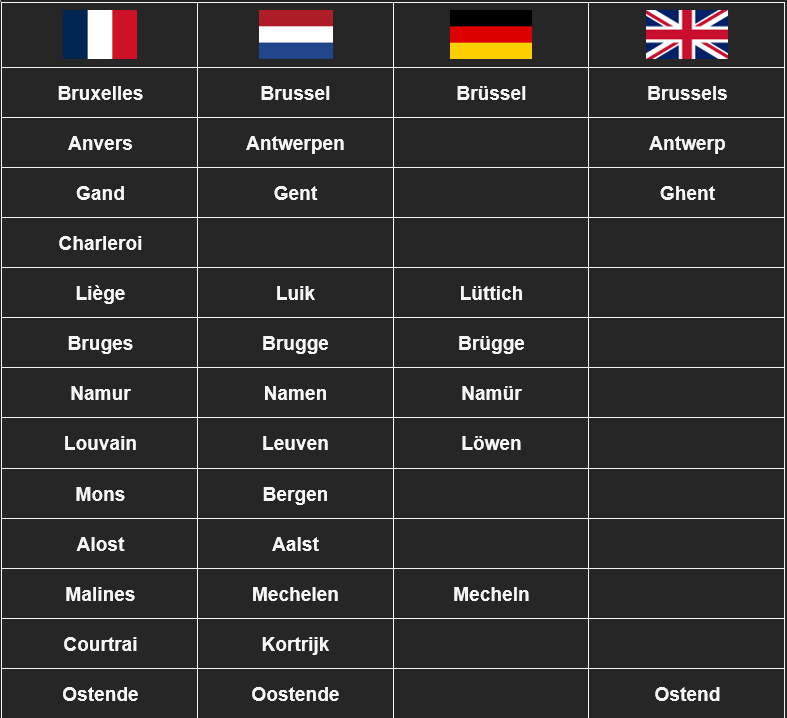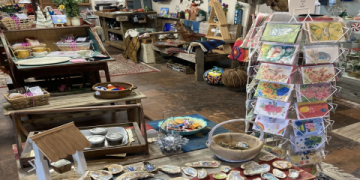# Understanding Common Belgian Names: Why It Matters
Have you ever wondered what names people in Belgium actually use? Whether you’re planning to move, tracing your ancestry, or just curious about Belgian culture, knowing common Belgian names can offer amazing insights. Names reflect roots, identity, and sometimes, the tangled history of a place. But Belgium is special—divided into Dutch-speaking Flanders, French-speaking Wallonia, and a small German-speaking region. Each side has its favorite names, blending heritage with modern trends.
# The Roots of Belgian Names: A Surprising Mix
Belgian names aren’t just Dutch or French; they’re a unique blend. Flanders leans on Dutch names, Wallonia on French, and you’ll see a sprinkle of German names as well. The diversity reflects centuries of cultural mixing, migrations, and even political tensions.
According to Statbel, Belgium’s national statistics office, the most common male names in 2023 included Jean, Marc, and Luc, while for females, Maria, Marie, and Anne topped the list (Source: [Statbel.be, 2023]). However, you’ll also encounter names like Jeroen, Bart, and Koen in Flanders, with Louise, Sophie, and Camille popular across Wallonia.
# LSI Keywords and Related Searches
Let’s consider what else people search for related to common Belgian names. Here are some LSI (Latent Semantic Indexing) keywords:
– Popular Flemish names
– Walloon first names
– Belgian surnames
– Traditional Belgian baby names
– Name origins Belgium
# The Major Categories: First Names and Surnames
Belgian names generally fall into two key categories: first names and surnames. Both categories tell a story. For example, first names can hint at parents’ language and even political preferences. Surnames, on the other hand, often reveal ancient professions, locations, or characteristics.
| Aspect | Flemish Names | Walloon Names |
|---|---|---|
| Male First Names | Johan, Bart, Pieter | Jean, Michel, Philippe |
| Female First Names | Elise, Els, An | Marie, Sophie, Louise |
| Surnames | Peeters, Jacobs | Dubois, Lambert |
| Language Bias | Mainly Dutch | Mainly French |
# Hidden Patterns in Belgian Names
Belgian names aren’t just a roll call; they reflect history and unity. For example, “Peeters” and “Dupont” are classic surnames—one common in Flanders, the other in Wallonia. Interestingly, there’s been a rise of pan-European names like Emma or Noah, mirroring trends across Western Europe.
In my experience consulting for genealogy platforms, we noticed many families bridge regional divides with hybrid names, like combining a French first name and a Dutch surname. This signals both a changing society and a certain openness.
# The Fascinating Role of Surnames
Belgian surnames can indicate family history, professions, or geography. For example:
– Peeters: A patronymic meaning “son of Peter,” very common in Flanders.

– Dubois: “From the woods,” popular in Wallonia.
According to research by Forebears, the 10 most common Belgian surnames include Peeters, Janssens, Maes, Jacobs, Mertens, Dubois, Lambert, Dupont, Martin, and Simon (Source: [Forebears.io, 2023]).
# How to Choose a Belgian Name: Step-by-Step
If you’re selecting a Belgian name—maybe for a child, a character, or even a business—here’s a simple guide:
1. Clarify the region: Flemish, Walloon, or Brussels? Each influences the language and style.
2. Research meaning: Look up the origin and meaning using trusted sites like Statbel or Forebears.
3. Check popularity: See if the name is trendy or traditional (you may want to stand out—or fit in).
4. Consult family traditions: Many Belgian families pass names across generations, especially as middle names.
5. Consider pronunciation: Make sure the name works well in both Dutch and French, especially for international families.
# Warning: Common Mistakes When Researching Belgian Names
MISTAKE 1: Assuming all Belgians share the same names! Regional difference is key.
MISTAKE 2: Ignoring accented characters—names like “Élise” and “Elise” are not identical.
MISTAKE 3: Translating names directly—some names don’t have exact counterparts between French and Dutch.
# Checklist: Key Steps for Understanding and Using Common Belgian Names
CLARIFY the region and language context.
REVIEW the meaning and cultural heritage behind the name.
CHECK the current popularity using official statistics.
PRONOUNCE the name aloud to ensure it works in multiple languages.
RESPECT existing family or regional naming customs.
# Final Thoughts: What Belgian Names Say About the Country
Belgian names are more than words—they’re a doorway into the country’s complex culture. Whether you notice a prevalence of Jean and Maria in Wallonia or the abundance of Peeters and Bart in Flanders, every name tells a cross-regional story.
So next time you come across a Belgian name, look for those subtle hints of history, language, and unity in diversity. And if you’re picking a Belgian name, use the steps above—it’s both meaningful and smart.











